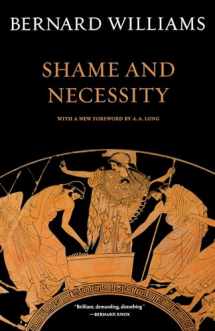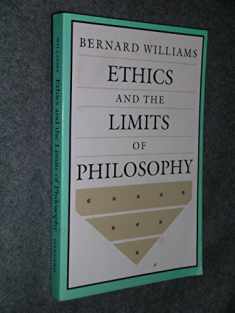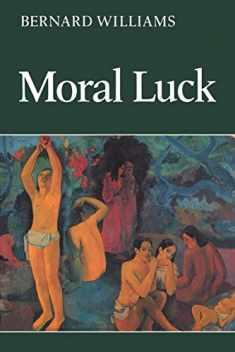
Shame and Necessity (Sather Classical Lectures)
Book details
Summary
Description
We tend to suppose that the ancient Greeks had primitive ideas of the self, of responsibility, freedom, and shame, and that now humanity has advanced from these to a more refined moral consciousness. Bernard Williams's original and radical book questions this picture of Western history. While we are in many ways different from the Greeks, Williams claims that the differences are not to be traced to a shift in these basic conceptions of ethical life. We are more like the ancients than we are prepared to acknowledge, and only when this is understood can we properly grasp our most important differences from them, such as our rejection of slavery.
The author is a philosopher, but much of his book is directed to writers such as Homer and the tragedians, whom he discusses as poets and not just as materials for philosophy. At the center of his study is the question of how we can understand Greek tragedy at all, when its world is so far from ours.
Williams explains how it is that when the ancients speak, they do not merely tell us about themselves, but about ourselves. In a new foreword A.A. Long explores the impact of this volume in the context of Williams's stunning career.


We would LOVE it if you could help us and other readers by reviewing the book
Book review





